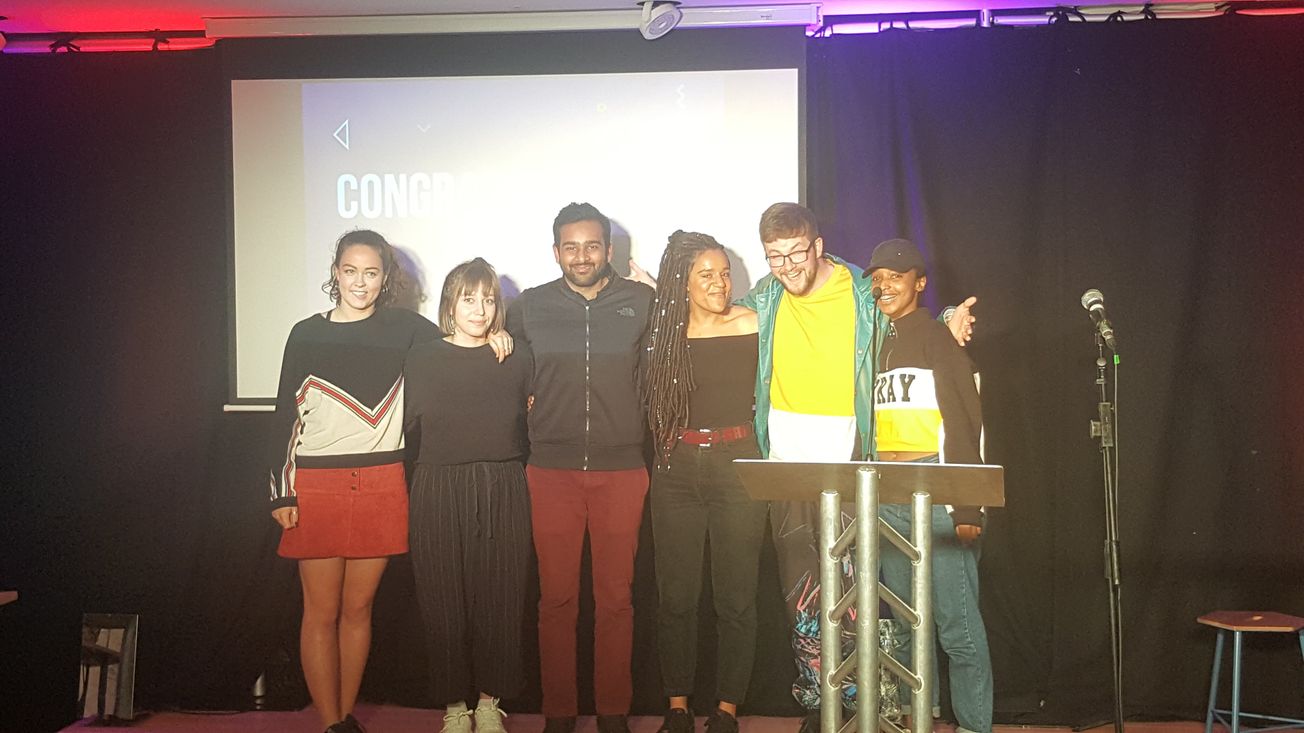Epigram is an independent and neutral newspaper, aiming to publish opinions from across the student body. To respond with an opposing opinion, please contact comment@epigram.org.uk or join our writers group
Comment Editor Ed Southgate argues that student democracy is not necessarily a mere popularity contest nor is it naturally disengaging, as shown by the latest SU election.
It is all too easy to be critical of those in positions of power. From the government, to our university Vice-Chancellor, down to Bristol SU, we often feel an urge to uncover their flaws. This is rightly so, for any institution must be held to account, but we must be careful not to dismiss moments of optimism.
Bristol SU has widely been criticised lately, from the AMM not being quorate so no motions were passed officially, to their questionable stance on the UCU strikes, to some positions at the elections merely having one or two candidates. There is a wealth of ammunition to attack the SU with, which leads to the question: ‘Can student democracy at Bristol ever be exciting, engaging or even valid?’
Latest from Epigram: Bristol elects new SU officers https://t.co/QWltPVFLak
— Epigram (@EpigramPaper) March 16, 2018
The short answer? Yes, it can. And I should emphasise that this writer is notoriously ready to criticise the SU whenever they make a blunder – which, in my view, is all too often. If I am caving to admit that we can find a glimmer of hope in the SU, then we can.
Indeed, if we look beyond the lower turnout at the recent election than last year, and zoom in to the fight for Union Affairs Officer, we see that student democracy can be exciting. Not only did the incumbent Officer, Stanford, receive the most number of votes of any Officer with a challenger to remain in office for next year, but he beat his oppoent, Chante Joseph, by a mere 33 votes.
If we look beyond the lower turnout at the recent election than last year, and zoom in to the fight for Union Affairs Officer, we see that student democracy can be exciting.
This tight result was probably inevitable – it was essentially a ‘Battle of the BNOCs’ after all. However, it does show that student democracy can be engaging, unpredictable, and tense when it wants to be.
Perhaps ‘when it wants to be’ is the wrong phrase. Maybe we should focus on this being a contest between two BNOCs. Both names have a high-profile around campus, meaning they both have a high following too.
This may of course give us more ammunition to criticise the election with: was the whole election merely a popularity contest?
Stanford - your re-elected Union Affairs Officer pic.twitter.com/wSQWQx2bXF
— Epigram (@EpigramPaper) March 16, 2018
It some ways, it probably was. But it is not necessarily a criticism we must focus intently on. Indeed, it has been like this since electing our School Council in primary school, and it is also true for electing our politicians.
Indeed, Jeremy Corbyn’s appeal over Theresa May is partly because he has character when she has none, whilst the ‘bumbling buffoon’ image that Boris Johnson has created for himself has worked wonders for him has drawn people in to like him semi-regardless of how they perceive his politics. Should we really, therefore, be focusing so negatively on the ‘popularity’ element of the SU when it is in no way exclusive to student politics?
Should we really, therefore, be focusing so negatively on the ‘popularity’ element of the SU when it is in no way exclusive to student politics?
Furthermore, that they have a high-profile does not necessarily mean we should be drawn to that conclusion of it being a mere popularity contest. Candidates standing for election are naturally reliant on having a high-profile, without which no one will know what they stand for and therefore will not be inclined to vote for them. By having such a high-profile, students already knew what both candidates stood for, or at least had an idea which got clarified during the campaign period, and so already had their political-inclination as to who they want to represent them. That is how politics works.
It is important to remember, therefore, that their high-profile comes from their continuous political involvement throughout their time at the University. They have shown throughout their academic career that they did not want this role for their CV, but because they genuinely have thought on, care about, and believe in their manifesto promises.
Which @Bristol_SU election candidates do we endorse? Any of them that stick their election flyers / posters on the designated noticeboards and not on library walls / windows 😉 pic.twitter.com/g8EGiFIiQB
— Bristol Uni Library (@BristolUniLib) March 15, 2018
This then becomes a message to all future candidates for future elections: to be an SU Officer whom the students can get truly behind - instead of voting for you to shut you up whilst we try to study in the library - you must show a strong engagement in student politics throughout your time here, rather than showing a generic interest for two days of bribing people with sweets rather than convincing them of your politics.
The SU election has shown both that student politics can be exciting, and perhaps sends a message that if we are to strengthen the legitimacy of politics here, it is on us to be and show consistent engagement in the issues that matter.
A hanging question is consequently left: is it the SU that should engage students in politics, or is it students already engaged in politics that should make the SU?
Featured Image: Epigram / Ollie Smith









